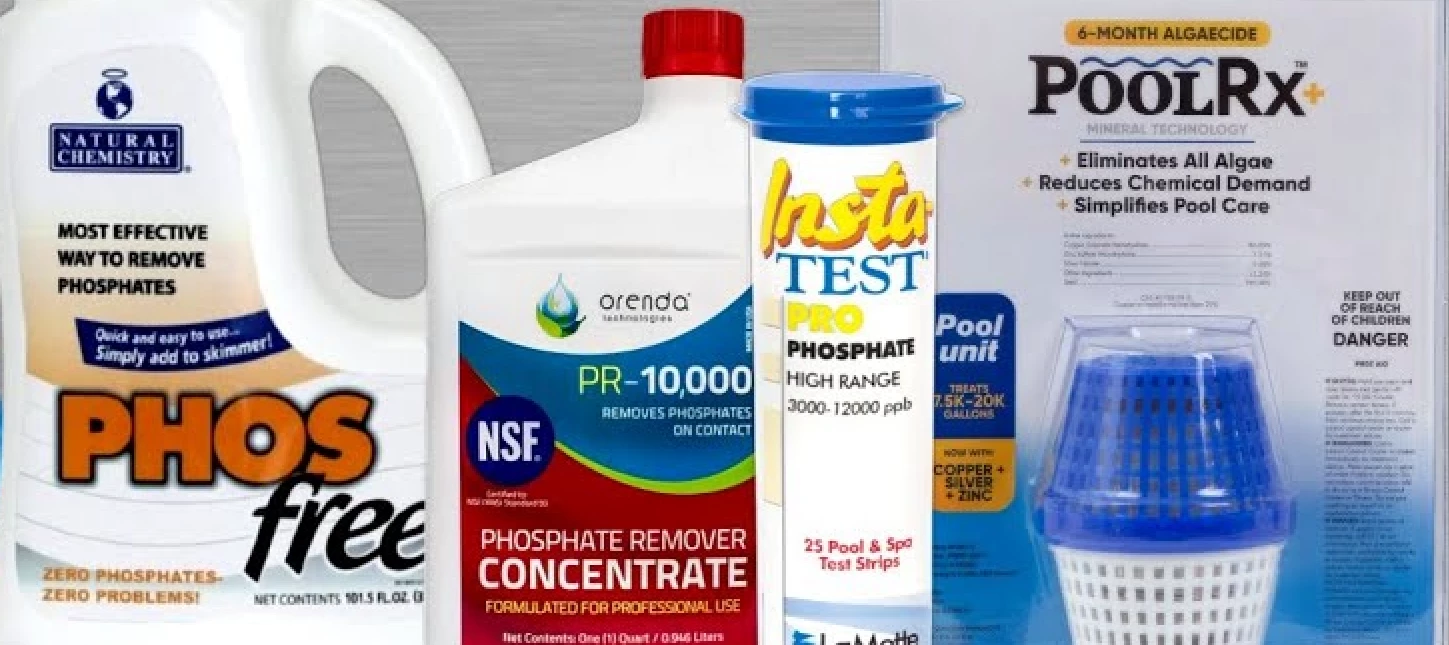I've been in the industry long enough to remember when the mention of "phosphates" was met by glares and snickering at the wholesale supply counter - circa the 1990s and early 2000s. Fast forward to 2024, and the attitude is much different. I put together a short video summing up phosphates and the treatment for them in a pool.








